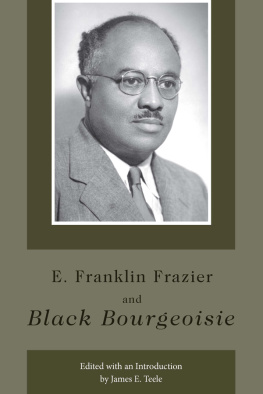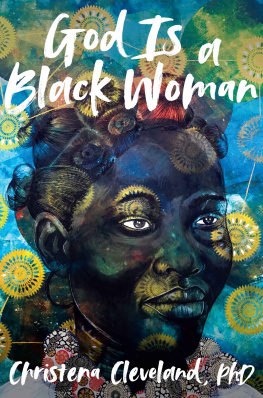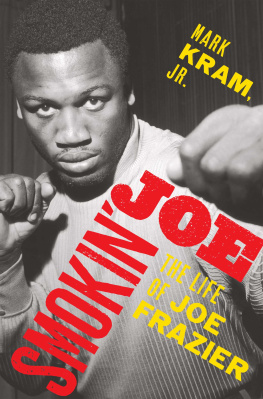Nishani Frazier - Harambee City : the Congress of Racial Equality in Cleveland and the Rise of Black Power Populism.
Here you can read online Nishani Frazier - Harambee City : the Congress of Racial Equality in Cleveland and the Rise of Black Power Populism. full text of the book (entire story) in english for free. Download pdf and epub, get meaning, cover and reviews about this ebook. year: 2017, publisher: University of Arkansas Press, genre: Politics. Description of the work, (preface) as well as reviews are available. Best literature library LitArk.com created for fans of good reading and offers a wide selection of genres:
Romance novel
Science fiction
Adventure
Detective
Science
History
Home and family
Prose
Art
Politics
Computer
Non-fiction
Religion
Business
Children
Humor
Choose a favorite category and find really read worthwhile books. Enjoy immersion in the world of imagination, feel the emotions of the characters or learn something new for yourself, make an fascinating discovery.

- Book:Harambee City : the Congress of Racial Equality in Cleveland and the Rise of Black Power Populism.
- Author:
- Publisher:University of Arkansas Press
- Genre:
- Year:2017
- Rating:5 / 5
- Favourites:Add to favourites
- Your mark:
- 100
- 1
- 2
- 3
- 4
- 5
Harambee City : the Congress of Racial Equality in Cleveland and the Rise of Black Power Populism.: summary, description and annotation
We offer to read an annotation, description, summary or preface (depends on what the author of the book "Harambee City : the Congress of Racial Equality in Cleveland and the Rise of Black Power Populism." wrote himself). If you haven't found the necessary information about the book — write in the comments, we will try to find it.
Nishani Frazier: author's other books
Who wrote Harambee City : the Congress of Racial Equality in Cleveland and the Rise of Black Power Populism.? Find out the surname, the name of the author of the book and a list of all author's works by series.
Harambee City : the Congress of Racial Equality in Cleveland and the Rise of Black Power Populism. — read online for free the complete book (whole text) full work
Below is the text of the book, divided by pages. System saving the place of the last page read, allows you to conveniently read the book "Harambee City : the Congress of Racial Equality in Cleveland and the Rise of Black Power Populism." online for free, without having to search again every time where you left off. Put a bookmark, and you can go to the page where you finished reading at any time.
Font size:
Interval:
Bookmark:

All rights reserved
Manufactured in the United States of America
ISBN: 978-1-68226-018-0
e-ISBN: 978-1-61075-601-3
21 20 19 18 17 5 4 3 2 1
 The paper used in this publication meets the minimum requirements of the American National Standard for Permanence of Paper for Printed Library Materials Z39.48-1984.
The paper used in this publication meets the minimum requirements of the American National Standard for Permanence of Paper for Printed Library Materials Z39.48-1984.but whose spirits I carry with me always:
My mother, Pauline Warfield Frazier
My uncles, Antoine Perot, Nate Smith, and Jay Arki
For my spirit uncles Bruce Klunder, Alex and Cyril Weathers, and Chuck Burton
And finally, for the many more unnamed. You are missed.
Font size:
Interval:
Bookmark:
Similar books «Harambee City : the Congress of Racial Equality in Cleveland and the Rise of Black Power Populism.»
Look at similar books to Harambee City : the Congress of Racial Equality in Cleveland and the Rise of Black Power Populism.. We have selected literature similar in name and meaning in the hope of providing readers with more options to find new, interesting, not yet read works.
Discussion, reviews of the book Harambee City : the Congress of Racial Equality in Cleveland and the Rise of Black Power Populism. and just readers' own opinions. Leave your comments, write what you think about the work, its meaning or the main characters. Specify what exactly you liked and what you didn't like, and why you think so.




